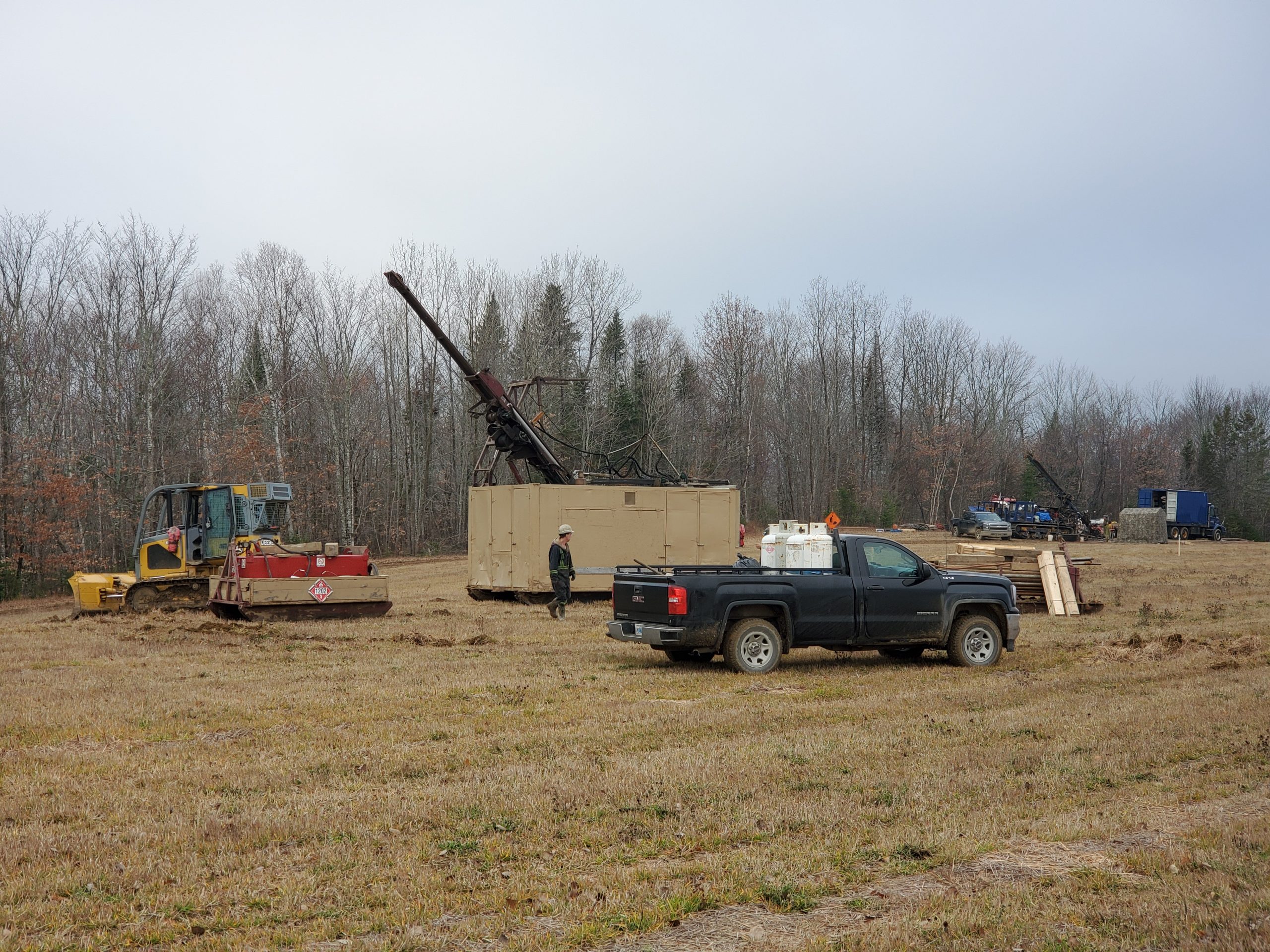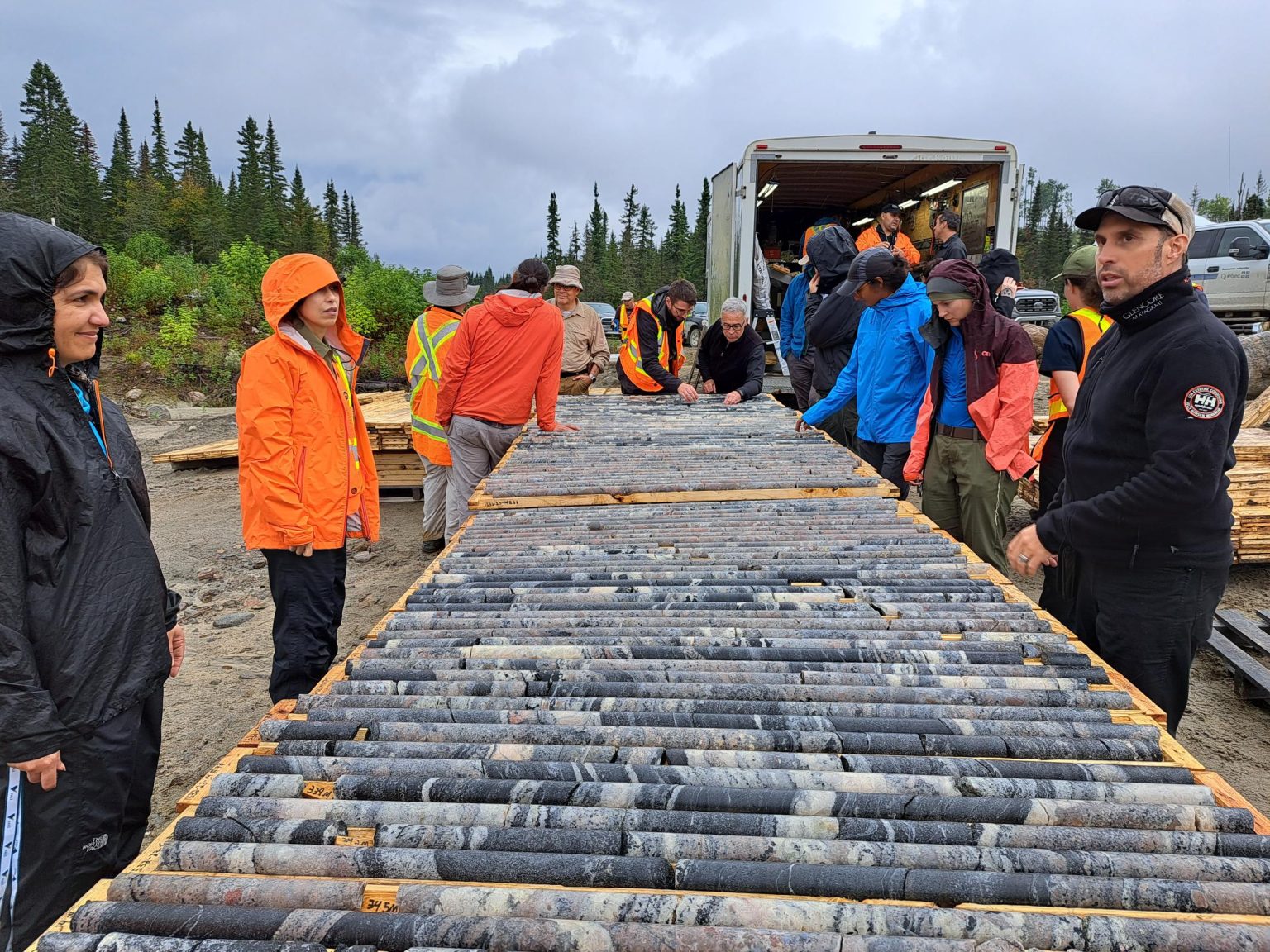Resource nationalism: A clear and present danger to Canadian miners

Canadian mining companies are well aware of the risks associated with operating mining projects in developing countries. On any given day, a foreign government can impose new taxes, harsher royalty regimes, or even nationalize a project.
Nevertheless, if one were to ask a Canadian mining executive a few years ago about the global investment environment, the response would have been more positive than it had ever been before. Developing nations were fiercely competing to attract foreign investment. Thousands of new investment treaties had come into force. It appeared a truly global marketplace was within reach, one governed by the acceptance of property rights and the rule of law.
Fast forward to 2021, things could not be more different. A rising wave of populism, coupled with economic challenges exacerbated by the Covid-19 pandemic, and a renewed focus on environmental rights, Indigenous rights, and other social issues has paved the way for the re-emergence of resource nationalism in many developing nations.
To give but a few examples, Tanzania recently announced it would renegotiate agreements with all foreign mining companies in its borders. Peru’s newly elected president vowed during his campaign to nationalize all foreign-owned mines. Mexico announced it would no longer grant new permits or concessions to foreign mining companies and indicated that certain mining operations could be nationalized. And the Kyrgyz Republic recently took over the Canadian-owned and operated Kumtor gold mine based on legislation that was introduced and passed into law in a single day.
These are but a few examples of a trend that appears to be taking hold in many developing countries. This should be of grave concern to Canadian mining companies, which have roughly two-thirds of their assets located abroad, many in developing nations. For many Canadian mining companies, hostile government action can potentially destroy their entire businesses, virtually overnight.
Miners can protect themselves
The good news is that there are ways in which Canadian mining companies can protect themselves.
To begin, investment treaties guarantee certain minimum standards of treatment and protections to foreign investors, absent which foreign investors have a direct right of action to sue the states hosting their investments in binding international arbitration before an independent and impartial international tribunal. Mining companies should ensure that their investments are structured to allow them to take advantage of these protections. These protections only extend to entities incorporated in countries with which the host state has an investment treaty and can be limited to certain corporate structures. Once a foreign government takes action, it is too late to restructure, so consideration should be given to corporate structure with all haste.
Likewise, risk registers should be updated and robust response plans developed for a hostile government action, including government action premised on the basis of the corporation’s environmental, social and governance performance. Once such actions occur, there are limited windows of opportunity for steps to be meaningfully taken to protect foreign companies, with short timeframes and numerous pitfalls that may not be readily apparent that could result in the waiver of remedies to which foreign companies might otherwise be entitled.
In the absence of investment treaty protections, companies should negotiate dispute resolution clauses in investment or concession agreements which would require any disputes be submitted to binding international arbitration in a neutral forum. A major advantage of international arbitration is that it benefits from the New York Convention on the Recognition and Enforcement of Foreign Arbitral Awards, which enables arbitral awards to be enforced in over 160 countries, and prevents states from seeking to compel resolution of disputes in their own courts.
Finally, if hostile government actions do occur, mining companies should immediately seek advice from sophisticated international arbitration counsel. Many traps exist which could disqualify a mining company from investment treaty protections and arbitration, so advice should be sought as soon as possible from experienced arbitration practitioners. Likewise, arbitration counsel should be integrated into any government relations activities so a global strategy can be developed, maximum leverage obtained, and inconsistent positions that are so often the cause of frustrated investors avoided.
As the old adage goes, failing to prepare, is preparing to fail. Given the rising tide of resource nationalism, Canadian mining companies would be well served to seek qualified legal advice by experts long before any hostile government action occurs.
VASILIS F.L. PAPPAS is a partner and head of International Arbitration in Bennett Jones’ Vancouver and Calgary offices; SHARON SINGH is a partner based in Vancouver; ARTEM N. BARSUKOV is a a partner in based in Edmonton.





Comments